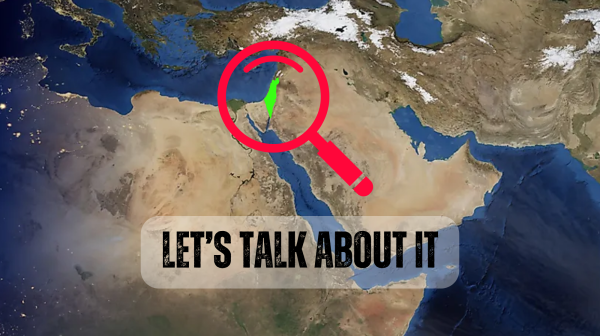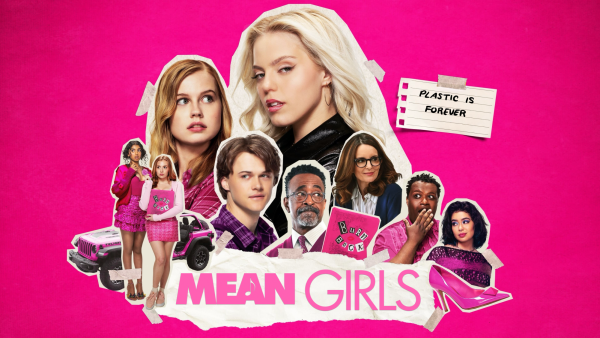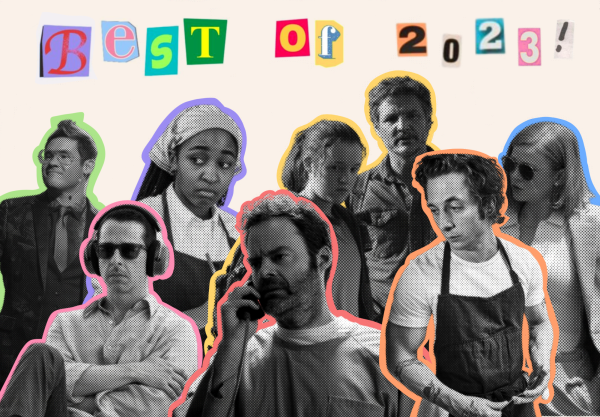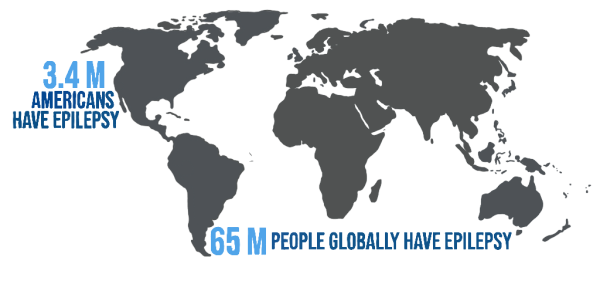The U.S. is finally waking up, but is it too late?
China has infiltrated the African economy to a level the U.S. could have never imagined.
The United States sent vice president Kamala Harris on a trip to Ghana, Tanzania and Zambia in order to pitch the country as a good business partner and to reframe the United States’ relations with Africa.
This trip, held from March 26 to April 1, is just one in a string of American leaders attempting to improve US-Africa relations by visiting the continent directly. These trips have come from a goal of proving to Africa that the U.S. is “all in”- ready to trade and work with leaders rather than provide ‘charity case’ help.
On another note, these renewed relations are also said to be happening in order to loosen China’s economic grip on the continent. Though the U.S. and China carry close economic ties themselves, their relationship is riddled with mistrust and competition.
Achieving these goals will be a hard task for the U.S. While Trump essentially ignored this region of the world during his term, choosing ‘America First’, China was building roads, power plants, parliament buildings, and symbolic bridges with the continent, giving them more leverage than the U.S. could have ever imagined.
Evidently, the United States will have to play catchup, and they’ll have to do so fast.
To remedy this situation, president Barack Obama held a US-Africa Leaders Summit in 2014, alluding to a restored relationship between the two powers. This summit was a great discussion and exploration of business ventures, but it was not followed up on until two presidencies later in December of 2022.
Meanwhile, China has held similar summits every three years since 2000, and has seen more concrete results over the past 20 some years.
That’s not to say the United States hasn’t had a few high points: Under George W. Bush’s PEPFAR program, $4 billion was committed to help combat HIV/AIDS. President Biden has revived the Leaders Summit and sent Secretary of State Anthony Blinken to the continent three times, and $1 billion worth of critical infrastructure for Senegal was realized in a memorandum of understanding in November 2021.
Statistics show that the continent is set to grow positively- the GDP of Sub Saharan Africa has grown from $423 billion 20 years ago to about $1.93 trillion in 2021. Population on the African continent will grow about 1 billion in 2050, leading Africa to be home to about 25% of the world’s population, not including the vast African diaspora who contributed $87 billion to the continent in 2019.
The African continent has realized this growth potential, and will use it to its advantage to demand a larger global presence. This has attracted investors who are now intrigued with the growing power of this continent, as well as countries like China who are interested in Africa’s raw materials, resources, energy and export markets.
Whether China’s influence on the continent is good or not depends on a multitude of factors, but the United States has finally acted on what China has been seeing for years.
Harris said that the States would create partnerships “grounded in candor, openness, inclusiveness, shared interests, and mutual benefits… our administration will be guided not by what we can do for Africa, but what we can do with Africa.”
From 2021 on, the U.S. spent about $111 billion on two way African trade, while China spent $282 billion in 2022 alone. If the United States truly wanted to stake merit-based claims on investments made in Africa, they would have done more to ‘out-do’ China much earlier.
A lot of the work required to gain African trust comes in changing the narrative Africans currently have on US-Africa relations, as well as Wahington’s push for human rights and democracy around the world.
These messages of ‘rights and resources for all’ are presented to African leaders as the United States is facing a gun violence crisis, house republicans calling for secession, black lives constantly being at risk, rising anti-semitism, an increase in anti-Asian attacks and a decreasing quality of education.
Simply put, the United States needs to clean its own house before it preaches a message of equality for other nations.
Harris set a strong tone at a press conference in Ghana, where she talked about the importance of LGBTQ+ rights. Currently, laws are being passed all across the continent restricting freedoms for LGBTQ+ Africans.
“This is an issue that we consider to be a human rights issue, and that will not change,” Harris said.
Though Harris meant well, the optics of the situation could not look worse. Member of Ghanaian Parliament Sam George noted the strange timing of the comment.
“It’s the hypocrisy of the U.S., where they call homosexuality a human rights issue in Africa, but yet they are doing business with countries where homosexuality is frowned upon,” George said. “In Qatar, homosexuality is punished by death, not imprisonment [like Ghana]. Why are they not checking on Qatar? Why are they not threatening them? Why are they not threatening Russia? Then they come to Ghana and Africa [and] they want to come and threaten us with LGBTQ [rights]. The American government is a bunch of hypocrites. If they really want to flex their muscle, they should flex their muscle on Russia, India, China…Qatar… the places where they are selling weapons to.”
Though it is unfortunate that any of those countries impose such strict measures on their LGBTQ+ populations, George rightfully points out what many other Africans are beginning to see. Africa is still viewed as a target for humanitarian crises as a way to bypass partnering for mutual economic benefit or to exclude countries from trading and becoming more important in the global scheme.
Of course, this also bounces back on some of Africa’s leaders’ failure to govern their countries and realize that neither China or the U.S. have completely acceptable goals in the continent. Rigged elections, theft, human rights violations, and smuggling allowed by leadership have left the everyday citizen strapped for cash and countries as a whole unable to participate in world affairs without being riddled with sanctions or loans.
“I am an optimist about what lies ahead for Africa and, by extension, for the world because of you — because of your energy, your ambition, and your ability to transform seemingly intractable problems into opportunities,” Harris said.
For the African people, these ‘intractable problems’ usually lie in their countries’ executive leadership.
What lies ahead for US-Africa relations depends on the leaders of African nations and the United States to create a working mission that will actually benefit both countries, and create the transparency needed to maintain this relationship.
The United States’ action in Africa is long overdue, and they have colossal amounts of work to do in order to be taken seriously by African leaders and citizens alike.
Your donation will support the student journalists of Omaha Westside High School. Your contribution will allow us to purchase equipment and cover our annual website hosting costs.

Hi! My name is Tanatswa Chivero, and I am a Co-Editor in Chief for Wired. I am currently a senior, and this is my fourth year in journalism. If you have...












